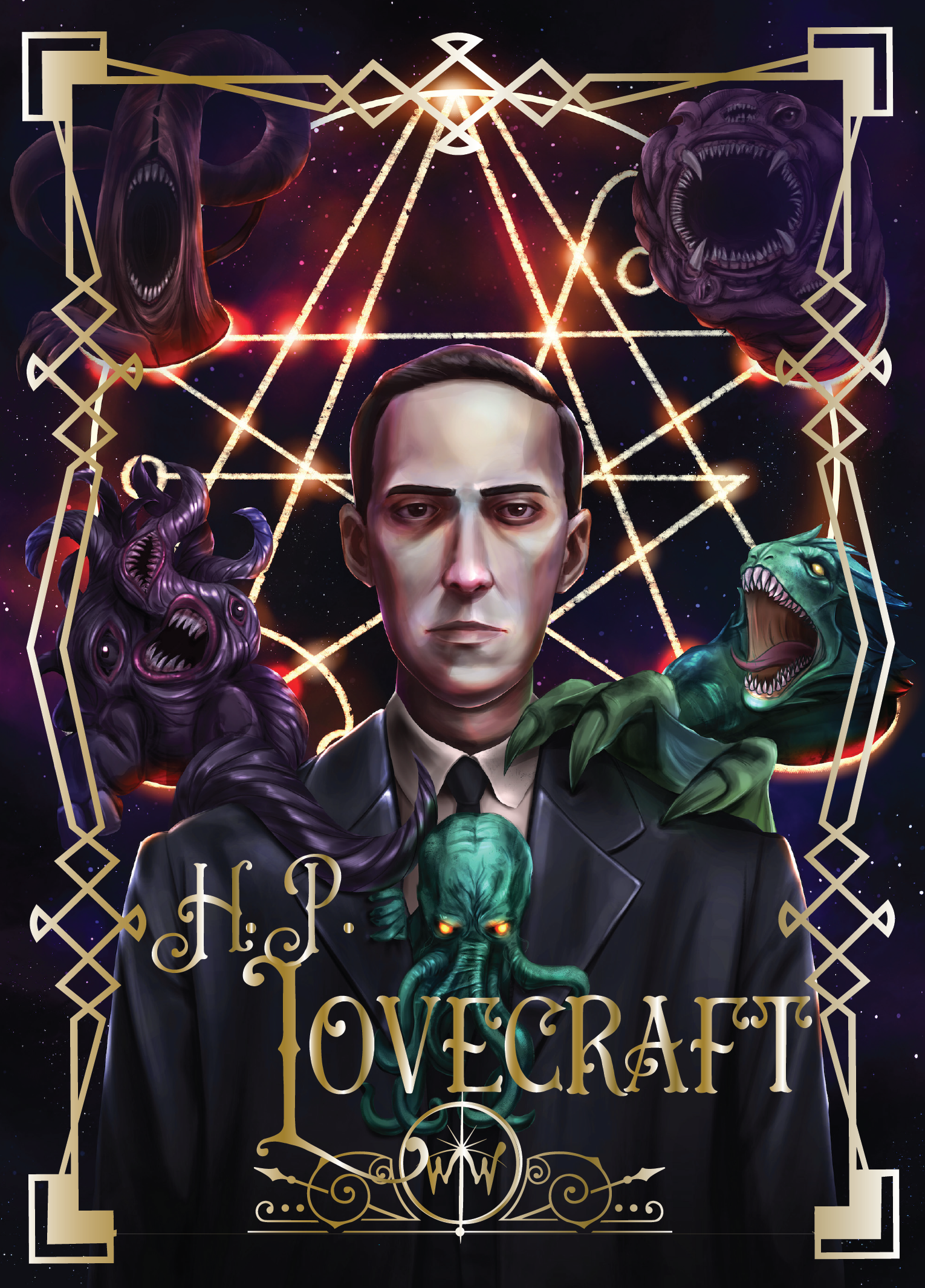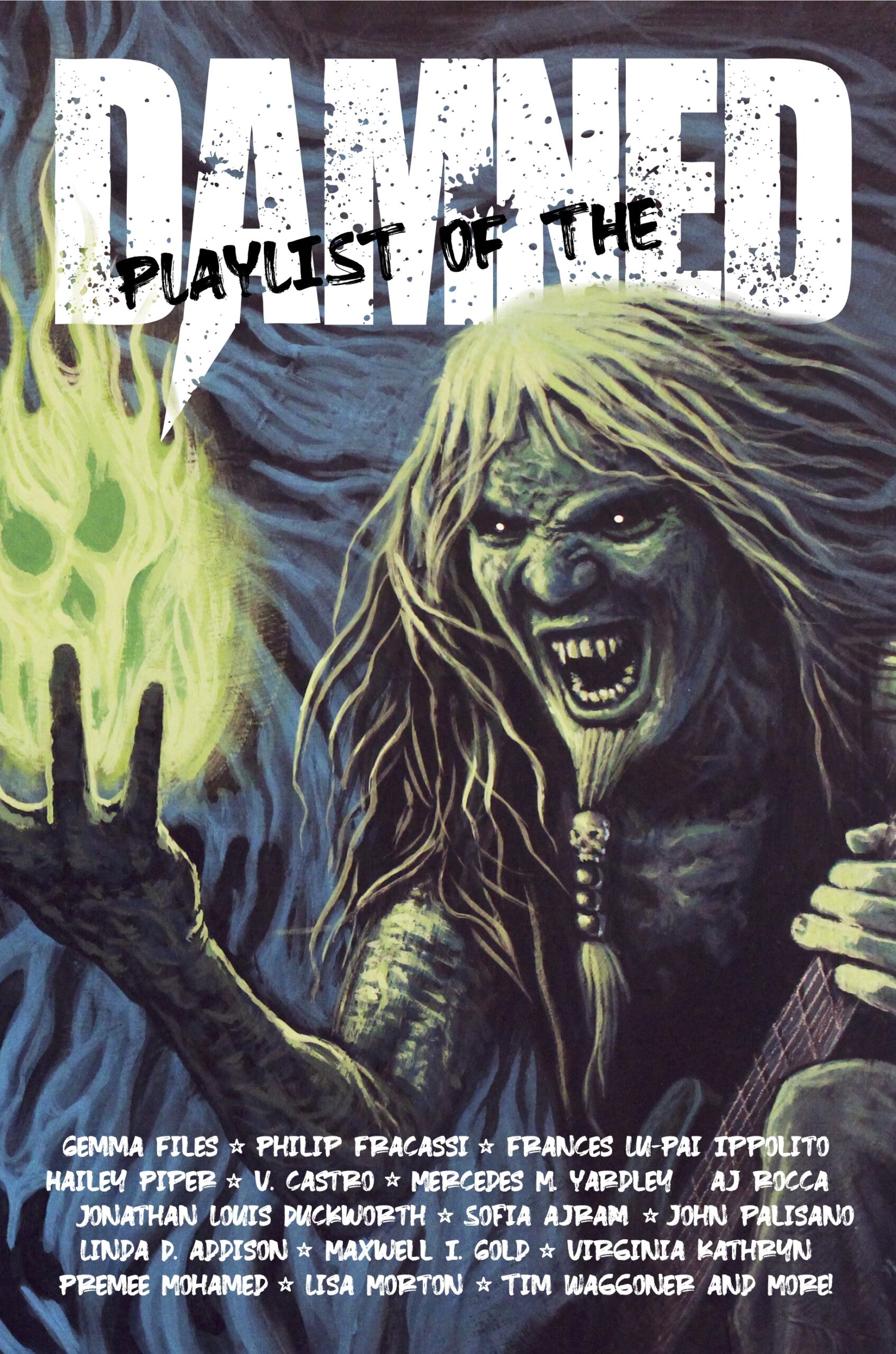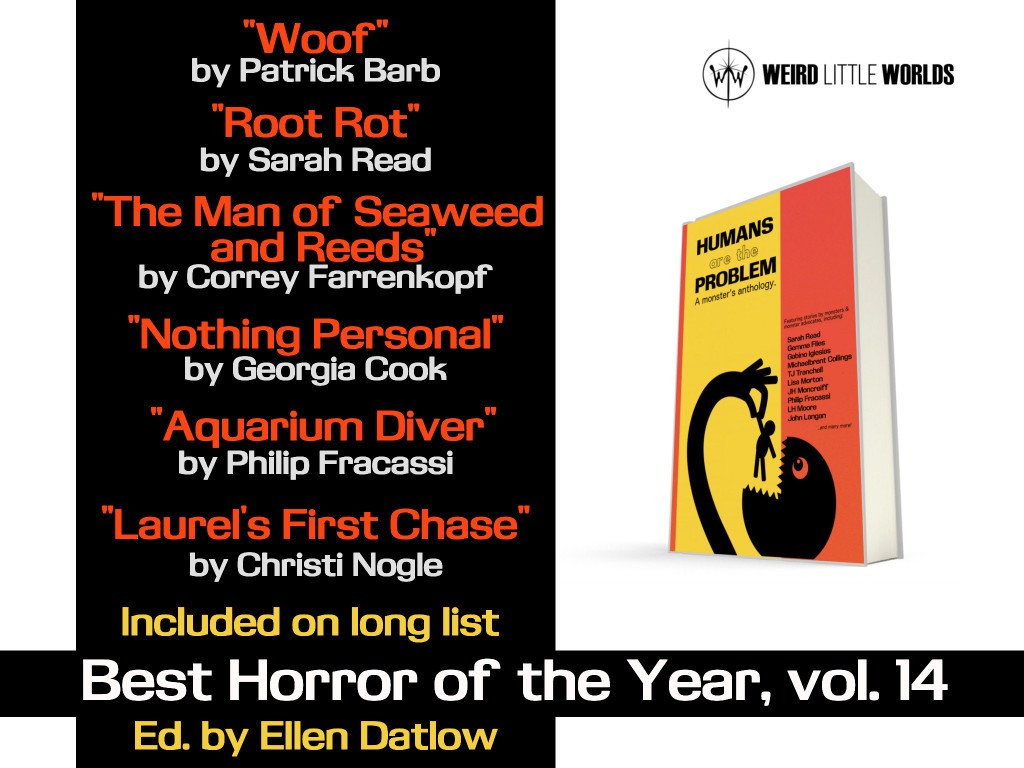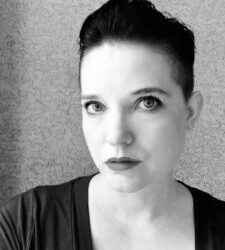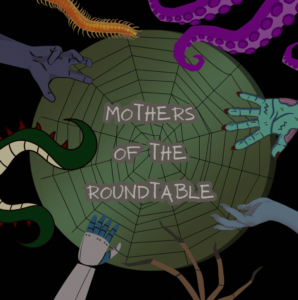
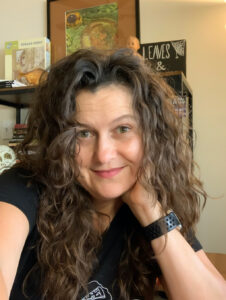 R. Leigh Hennig gathered many of the amazing authors from Mother: Tales of Love and Terror for a council at the roundtable about writing, mothers, and horror. Join us as we pop in for a brief spotlight on how the stories of Mother, and their makers, worked their horrible magic to create this book.
R. Leigh Hennig gathered many of the amazing authors from Mother: Tales of Love and Terror for a council at the roundtable about writing, mothers, and horror. Join us as we pop in for a brief spotlight on how the stories of Mother, and their makers, worked their horrible magic to create this book.
Author Spotlight: Victoria Nations, author of “Cleaning Out Her House, As If She’ll Ever Be Gone”
Q: What inspired your story?
A: My poem was inspired by a list I made in my phone as I was cleaning out my mother’s house after she passed. Each room was full of contradictions, finer things juxtaposed with derelict, sometimes dangerous, elements. It created a cognitive dissonance that bordered on a haunting. I wanted to capture that sensation before it was all dismantled.
Q: Thematically, what was important for you to include?
A: I wanted to show a mother torn between their true nature and the societal expectations they had accepted. My mother projected herself as proper and genteel, but she was a backwoods survivor in her heart. I’m stronger for how she raised me in two worlds, but she was never comfortable with having that duality within her, and she was resentful of people who lived their lives on their own terms. I also wanted to show the grief that came, not just from losing my mother, but from the disconnect I saw in her personal things. The objects she displayed represented the life she thought she should have, rather than who she and I really were.
Q: If there were ever a FATHER anthology put together as a sequel, would you follow that up, or write something totally new?
A: I hope there is a FATHER anthology to go along with MOTHER, because the two concepts are treated so differently. “Mothering” is used to describe caring for someone who needs it, and it evokes coziness and security. “Fathering,” on the other hand, is used to describe contributing genetic material to a child, and little of the care or guidance attributed to mothers. Stories and poetry let us explore the deep emotions that created that language and could help to break these limitations.
Q: Do you have any thoughts on turning this story into something longer, or do you feel the tale has been told?
A: My poem involves a specific experience that feels settled now. However, the theme of mothers and mothering has so many facets that I find myself being drawn to over and over. My own experiences as a mother have made it run even deeper and richer.
Q: If your own mother could read this story, would you send it to her? Why or why not?
A: My mother was my first poetry supporter, helping me staple together a volume with construction paper covers when I was little. If she read “Cleaning Out Her House, As If She’ll Ever Be Gone,” she wouldn’t like that her things were on display, but she might catch the deeper meaning, that she is remembered and that she still resonates deeply within me.
Q: Are there any style/techniques choices you made particular to this submission? How did they help you tell the story?
A: My poem started as a list, and I wasn’t sure what I would do with it, just that I wanted to remember the images. It took a few years to realize it needed to be a poem, and one that replicated how the tableaus hit me, humorous and heartbreaking. I played with the format to capture the experience of walking through the house, looking into cabinets and closets, and finally stopping in the bedroom, the most intimate of spaces.

The Weird Team is comprised of several unhinged individuals that have a love of life and a lust for adventure. They scour the world to find the strangest, scariest, and most wonderful news in the universe.


